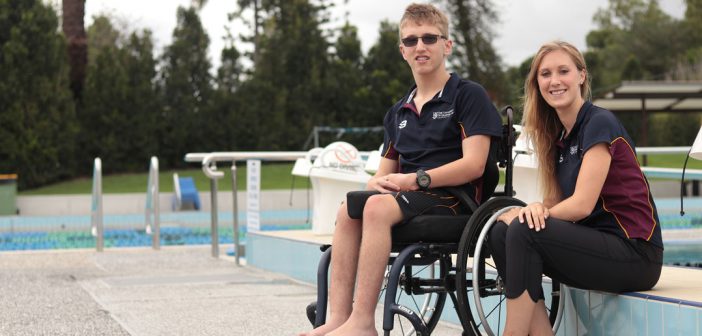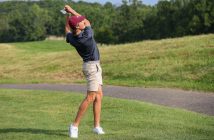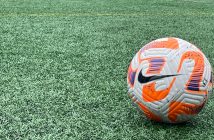Whether Turner Block is home in America or halfway across the world, for her the Paralympic Games is a can’t-miss event.
“The Paralympics and the Olympics celebrate the joy found in effort,” said Block, a 2017 graduate of Fordham College at Rose Hill.
A soccer player for 15 years, Block sees sports as a global language and bridge builder. She was awarded a Fulbright scholarship last summer to work with the Para START (Sports Training and Research Team) Swim Training Program for 10 months in the School of Human Movement and Nutrition Sciences at the University of Queensland in Australia.
“To be eligible for para sport, para athletes must have a physical, intellectual, or visual impairment that adversely affects sports performance,” she said. “Classification plays a huge part in promoting fairness in sports because there is such a large spectrum of moderate to severe impairments.”
The Para START program is led by Sean Tweedy, Ph.D., Emma Beckman, Ph.D., Mark Connick, Ph.D., and Leanne Johnston, Ph.D., of the University of Queensland. It focuses on athletes with high support needs. One of its aims is to evaluate the formation of athletic identity in this population. Specifically, four teenagers with cerebral palsy and no prior experience with organized sports will undertake a swimming training program which aims to help them swim as fast as they are physically able to, Block said.
For the past two months, Block has been conducting semi-structured interviews with participants with the aim to capture key moments during the program that influence a person’s constructions of themselves as an athlete. This narrative inquiry portion of the research is supervised by Eimear Enright, Ph.D., of the University of Queensland.
“A number of the participants in our swim training program describe it as the first context in which they have truly felt a sense of personal empowerment due to physical challenge” she said.
An Elite Level of Athleticism
The participants aspire to compete in the Tokyo 2020 Paralympics and, in order to do this, they must be able to swim a minimum of 50 meters, according to Tweedy, an international classifier in Paralympic sport. (The 2018 Paralympics are currently underway in PyeongChang through March 18)
“In addition to documenting the formation of athletic identity in our participants, we are looking at the therapeutic benefit of sport participation, so the term ‘performance-focused’ is the key,” Tweedy said in a February interview with the University of Queensland.
“We already know that aquatic therapy works. Treating people in water reduces the effects of gravity, making movement easier and allowing people to do exercises that will improve strength and range of motion. The unique aspect of our project is that it does not have specific therapeutic goals – we are simply aiming to help our participants to swim fast. They do the hard work and we will monitor how they change over time.”
Block provides insight as to why these athletes favor swimming compared to other competitive sports.
“Their love of swimming has a lot to do with the feelings of freedom and independence this sport provides,” she said. “On land, they are restricted to using a wheelchair, but the water acts as a safe space to explore movement that would otherwise not be possible.”
‘Subtle Displays of Exclusion’
Having a deeper understanding of the influences that shape how individuals with disabilities recognize their athletic talent can provide further understanding of identity development.
“This construct has previously been explored in retrospective studies on already successful Paralympians with mild to moderate impairments, but little is known about athletic identity formation in novice athletes who have high support needs,” said Block. “The study will have potential implications for disability sports’ inclusion policies and for rehabilitation frameworks and practices.”
An advocate for accessible athletic programs in education and local communities, Block said programs like Para START challenge our concept of who can be an elite athlete.
“Inclusive sports are so important because, rather than defining disability by what one cannot do, they can provide the opportunity to focus on what one can do.”



